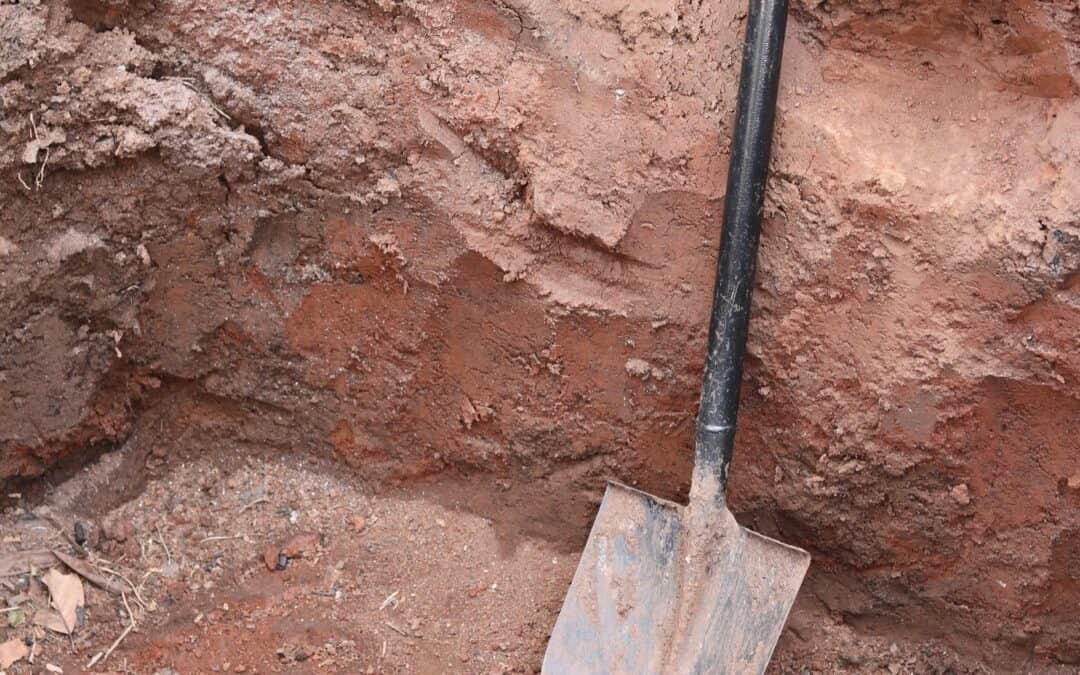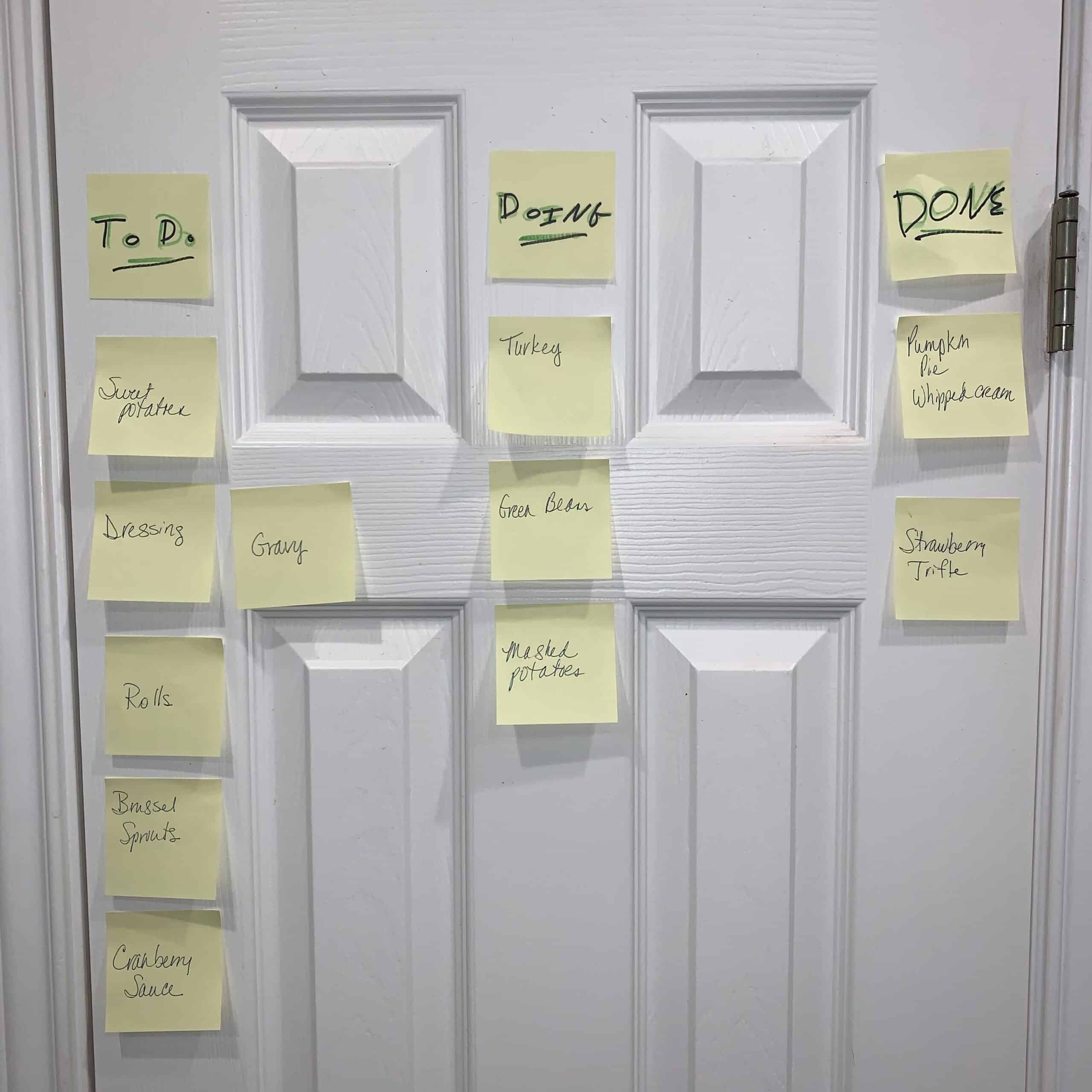Crisis Leadership Blog
Insights and perspectives on being the lighthouse during a crisis.
Who Matters the Most in a Crisis?
Stakeholders has become a term we hear bandied about all of the time. And it's an important one. Whether internal or external, the people who buy from you, work for you, or champion your brand matter. But, it is critical to ask, “ Who matters most to you and your...

Owning a Mistake that’s Not Yours
Do you remember Chi-Chi’s? If you do, you are probably wondering what happened to them. If you don’t, then take this as a cautionary tale. Chi-Chi’s was a Mexican casual restaurant chain that was all the rage in the 80s and 90s. With more than 200 locations in five...

Holding Statements: What Are They and Why Are They Critical to Effective Crisis Response
Speech is silver, silence is golden. According to this proverb, saying nothing is more valuable than saying something, even if the something itself has value. As a crisis management expert, I believe those are backward, and I’d add one more phrase to the proverb:...

Scaling Your CEO for Better Crisis Response
At Kith, we have seen CEOs rise during a crisis and we have seen others stumble. The difference often comes down to what they focus on during the crisis at hand. As your most senior leader, a CEO can be one of the most important assets your organization can deploy...

How to Dig Out of a Mess of Your Own Creation
The headlines were unsettling, not shocking at first. But when UnitedHealth, the healthcare behemoth responsible for processing 50 percent of all US patient medical claims annually, revealed it was the victim of a ransomware attack described as “the most serious...
By definition, Kith means a cadre of peers who shape opinions and attitudes while instilling sophisticated habits for action. As a way to live this value, we like to share resources that are building blocks to good crisis management and can help you start the path of protecting your reputation.
More Recent Insights

Breaking the Crisis Wheel
Like my Kith colleagues, I cut my proverbial teeth in politics. Not as a candidate, but as a campaign staffer and, later, a political consultant. Campaigns are great places to train for reputation management and crisis communications because everything is a crisis. The latest mud your opponent threw at you is a crisis. A campaign stop going sideways is a...

Politics is coming for you
Have you ever stood at the grocery store trying to decide which pasta to buy and thought about the CEO of one pasta company making a political statement? You remember you didn’t appreciate what she said, but you really prefer how that pasta cooks. Or maybe you agreed with her, but their pasta tastes like eating rubber bands. That CEO’s political statement...

You Aren’t Crying Wolf
Have you ever wondered why some people are always worrying about the next step down the road and others just wait for the problem to happen before dealing with a big mess? This was the source of a discussion I recently had with a friend who, like me, honed his skills in politics but has taken those skills to external affairs in the hallowed halls of...

Trust and Crisis Confidence
I bet you remember doing fire drills as a kid in school. Your teachers were trying mightily to get 25 fourth graders (if you are Canadian, grade fours) to follow the predetermined route, in a “calm and orderly fashion.” You would then proceed to your designated spot and goof off with your friends for 20 minutes before going back to your regularly...

Speed in the Face of Social Risks
My mom used to point out that I have been through every type of natural disaster except a tsunami. Wildfires and snow storms were a regular occurrence growing up in the Canadian north. My college education was ended by a historic flood. I’ve been through earthquakes, tornadoes and hurricanes. I’m not keen about rounding out the list but I’ve learned some...

Clarity is Critical When Preparing for Social Risks
Happy New Year! 2022 is here! By now, the confetti is swept up and champagne glasses cleaned or, if you were like me, your PJs have been put away, and you've awoken from a long winter's nap. Either way, 2021 has been wrung out, and a new year has begun. A fresh start. Except it's still looking a lot like last year. With one added twist - 2022 has the...

A time for Grace and Gratitude
This will more than likely be our last post for 2021. And what a year it has been. For those of you that follow along in this space, you know that in July, I had a pretty severe accident and spent a week in the ICU. Last week I had the final of 4 surgeries on my right foot rebuilding and repairing all 5 of my metatarsals. I lost my dad in January and had a...

What would your company look like if you did not fear crises?
Confucius tells us that "Life is really simple, but we insist on making it complicated." What is fear, and why do so many corporate leaders fear crises? Fear is a concern, rational or not, about your well-being. In this context, it is a concern about the reputation of your organization. You may fear the unknown, the media, a misunderstanding, or anything...

In Crisis, Do You Need a Craftsperson or Mechanic?
There's an interesting article I read recently about the notion of how to master a craft, and I was thinking about it in the context of the way we manage crises. In the article, Julian Shapiro notes that becoming a craftsperson requires more focus on the process than the output: the process is rewarding enough. That contrasts with a mechanic, who's focused...

Checklists: Simple Tools for Complex Situations
I love checklists. I also love Thanksgiving. What could be better than combining the two? As you get ready for the holidays coming up, I want to remind you that checklists are critically important for the holiday season. They're also critically important when you find yourself in...
The Kith Method
Good crisis management comes from a plan. Great crisis management comes from capability – and starts before you even smell smoke. That’s why we developed the Kith Method. We can help build and maintain a flexible capability that works for you.
Your reputation is an investment; time-consuming and costly to build and expensive to repair. Protect it.
